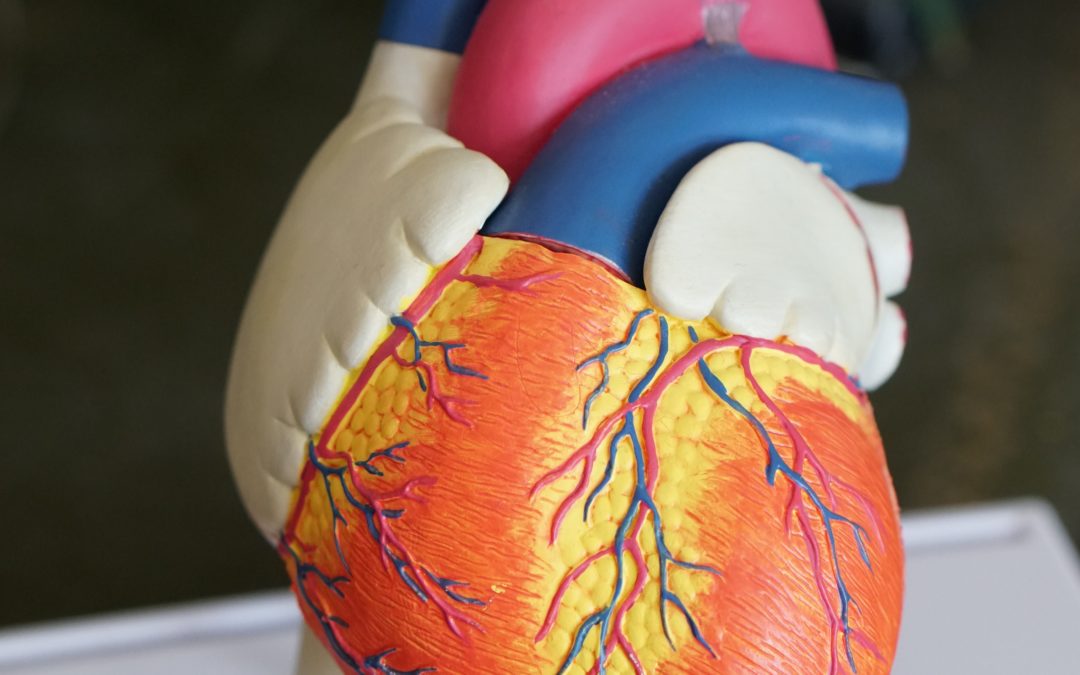A research group from Goethe University and University Hospital Frankfurt was able to show that an inhibitor against microRNA-92a is effective in humans. The clinical study was supported by the German Center for Cardiovascular Research (DZHK).
The microRNA therapy with the anti-miR-92a (MRG-110) showed a therapeutic effect in various experimental preclinical models. A current clinical study has now shown that the active ingredient, which is safe and well tolerated in humans, inhibits microRNA-92a targets in the blood. This could improve cardiac function after heart attacks and other cardiovascular disease.
MicroRNAs are short strands of RNA and can prevent or increase the formation of proteins. Since their discovery in 1993, more than 1,900 microRNAs have been identified in humans that control a wide variety of biological processes and thus represent a promising therapeutic strategy for diseases. So far, microRNA inhibitors have already been successfully tested in initial clinical studies against hepatitis C and blood cancer.
In preliminary tests, the anti-miR-92a has shown an increased formation of new blood vessels, better blood circulation and a positive effect on heart function. In addition, the substance accelerates wound healing and offers protection against atherosclerosis, the narrowing and inflammation of blood vessels.
The research group at Goethe University and University Hospital Frankfurt headed by Prof. Stefanie Dimmeler, together with the Servier and miRagen Therapeutics research institutes, have now, for the first time, successfully tested a potential microRNA therapy against cardiovascular disease in humans. In healthy subjects, the anti-miR-92a MRG-110 successfully inhibited the microRNA-92a in the blood. This suggests that this inhibitor could become the first microRNA therapy for cardiovascular disease in the future.
Quelle: Pressemitteilung Uniklinik Frankfurt Nr. 32
Originalpublikation: Efficiency and Target Derepression of Anti–miR–92a: Results of a First in Human Study; Nucleic Acid Therapeutics; Abplanalp et al., 2020;doi: 10.1089/nat.2020.0871. Online ahead of print.
